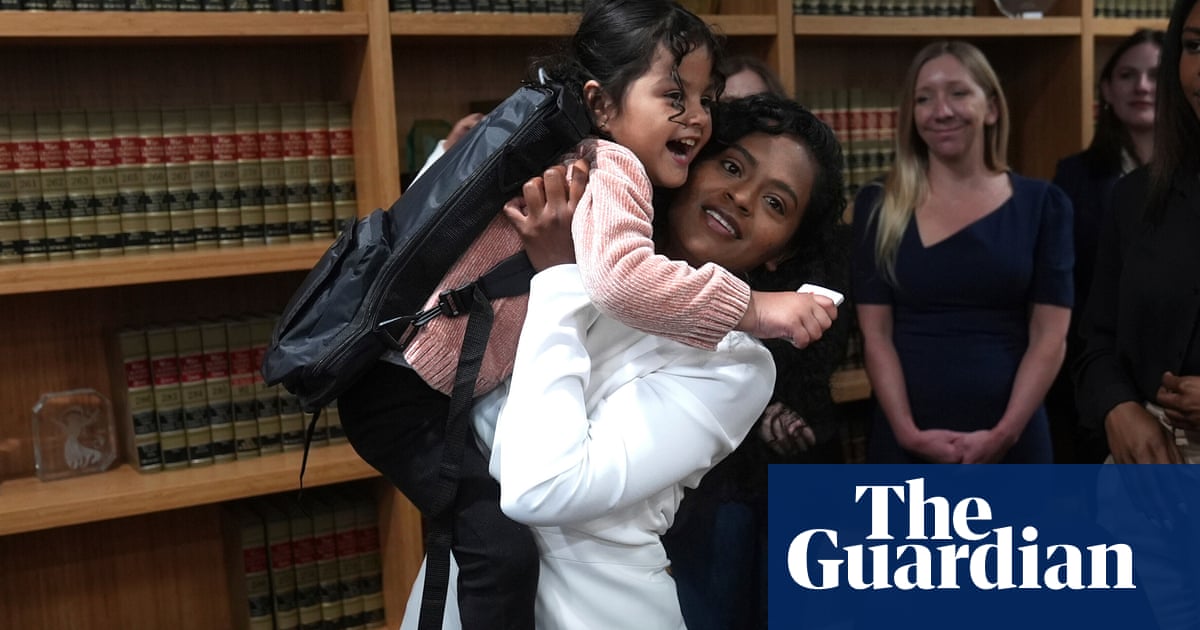4-Year-Old Mexican Girl Granted Humanitarian Parole for Lifesaving Treatment in the U.S.
A 4-year-old girl receives a one-year humanitarian parole to continue her medical treatment in the U.S. after facing potential deportation.
Subscribe to unlock this story
We really don't like cutting you off, but you've reached your monthly limit. At just $5/month, subscriptions are how we keep this project going. Start your free 7-day trial today!
Get StartedHave an account? Sign in
Overview
The U.S. Department of Homeland Security has granted a one-year humanitarian parole to a 4-year-old Mexican girl and her mother, allowing her to continue receiving lifesaving medical treatment in California. The decision follows a national outcry after the family was initially notified of their deportation. The girl, who suffers from a rare condition requiring specialized care, had been receiving treatment since arriving at the U.S.-Mexico border in 2023. Her case highlights the challenges faced by families seeking medical assistance and the complexities of U.S. immigration policies.
Report issue

Read both sides in 5 minutes each day
Analysis
- The article highlights a positive outcome for a Mexican girl receiving humanitarian parole for medical care in the U.S.
- It emphasizes the importance of timely medical treatment and the role of authorities in facilitating this process.
- Systemic issues in immigration communication are acknowledged, suggesting room for improvement in future cases.
Articles (4)
Center (1)
FAQ
Humanitarian parole is a temporary immigration status granted to individuals facing urgent humanitarian crises, such as medical emergencies. It allows them to enter the U.S. for treatment when they might otherwise be inadmissible[1].
Humanitarian parole is typically granted for up to one year, though the duration can vary based on individual circumstances. Once the parole expires, individuals must leave the U.S. unless they can obtain another lawful immigration status or an extension[4].
Recent examples include the use of humanitarian parole to help Afghans, Ukrainians, Venezuelans, Cubans, Nicaraguans, and Haitians fleeing crises. Additionally, it has been used to support individuals needing medical treatment, such as the 4-year-old Mexican girl in the article[5].
History
- This story does not have any previous versions.

